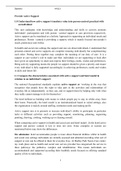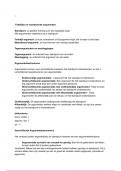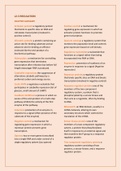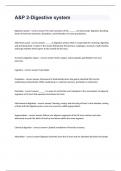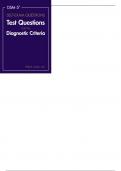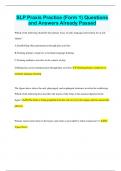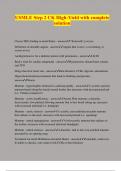Exam (elaborations)
NVQ / QCF Level 3 Health and Social Care (COMPLETE COURSE, 19 UNITS)
Home / Health and Social Care / NVQ / QCF Level 3 Health and Social Care (COMPLETE COURSE, 19 UNITS) NVQ / QCF Level 3 Health and Social Care (COMPLETE COURSE, 19 UNITS) £19.99 NVQ / QCF Level 3 Health and Social Care (COMPLETE COURSE, 19 UNITS) ** ASSESSOR VERIFIED ANSWERS ** ** S...
[Show more]
